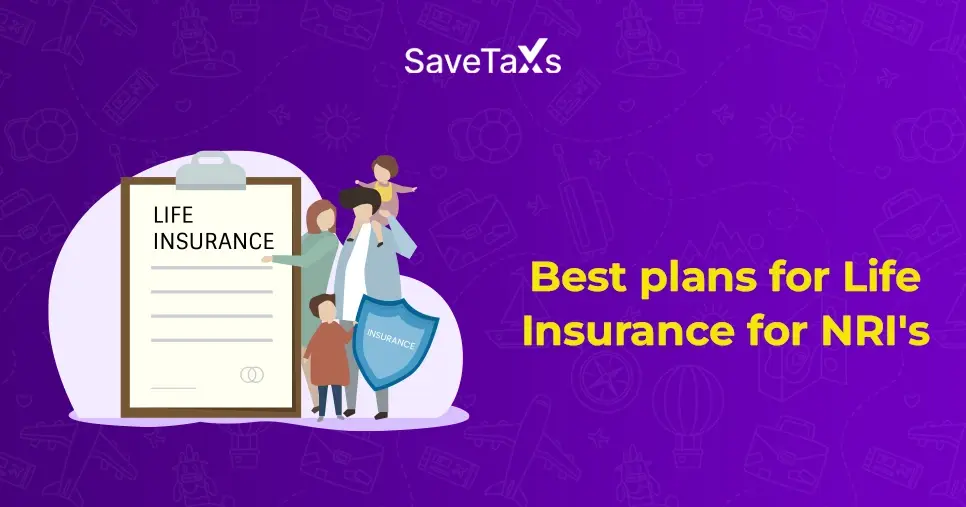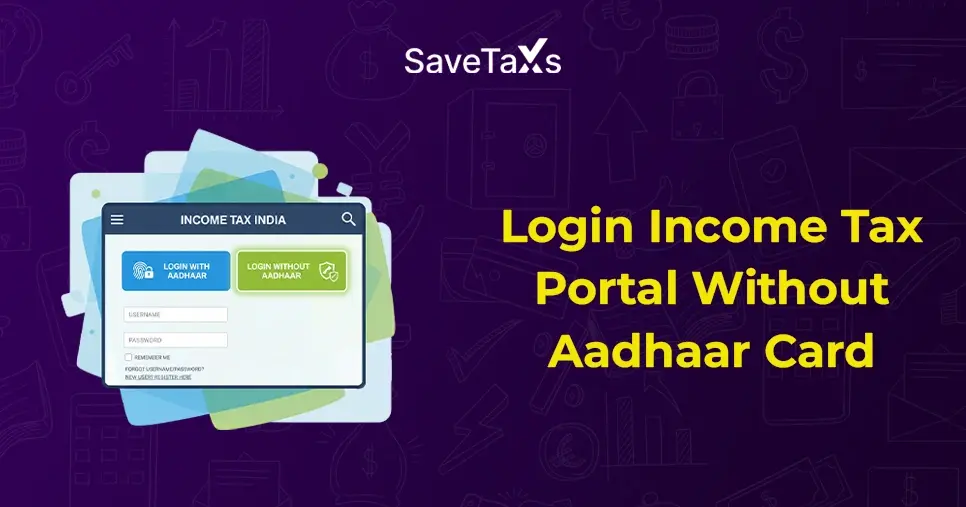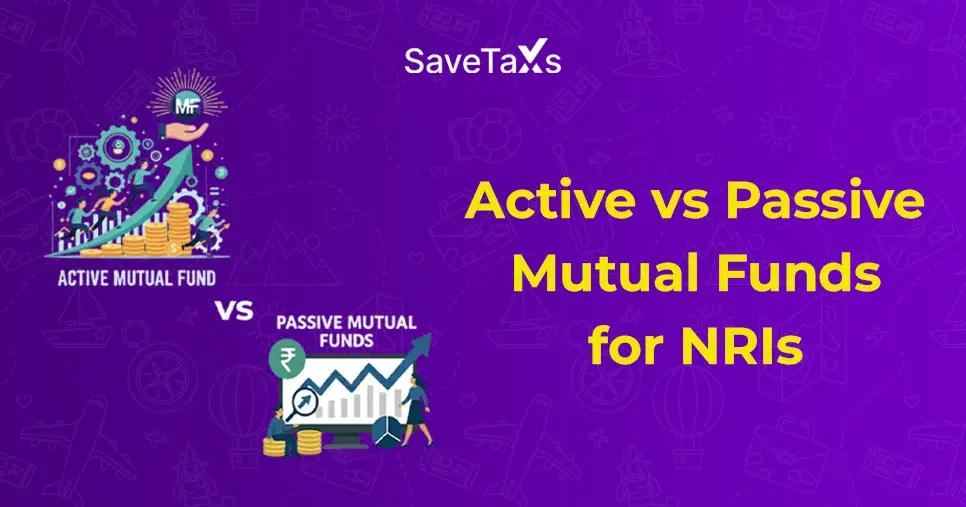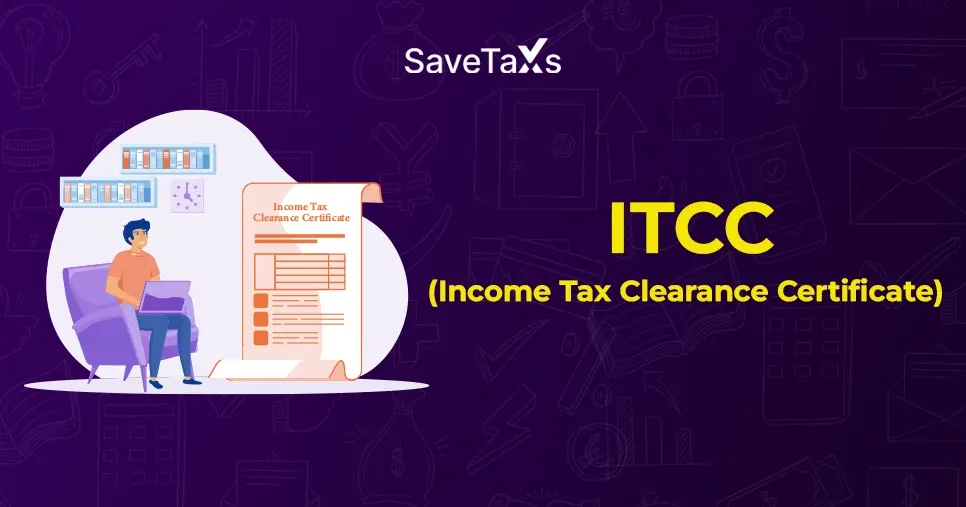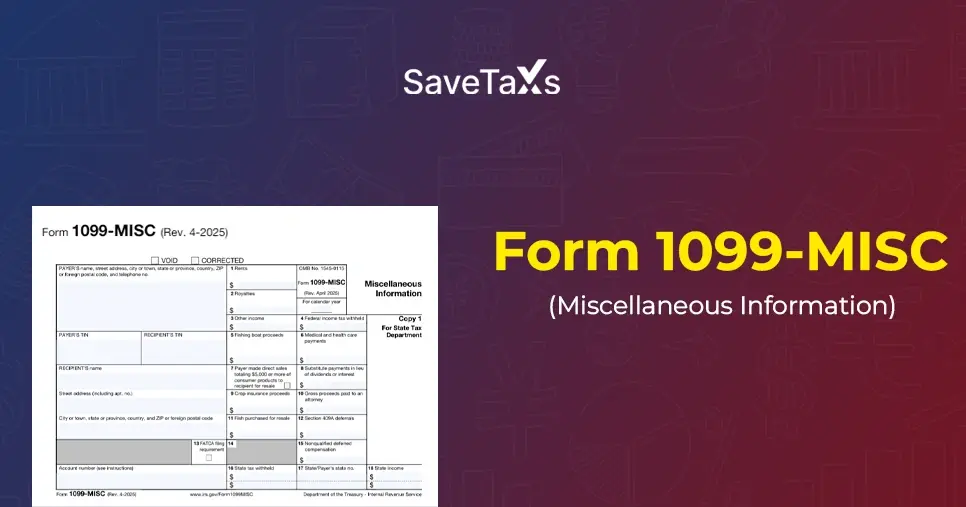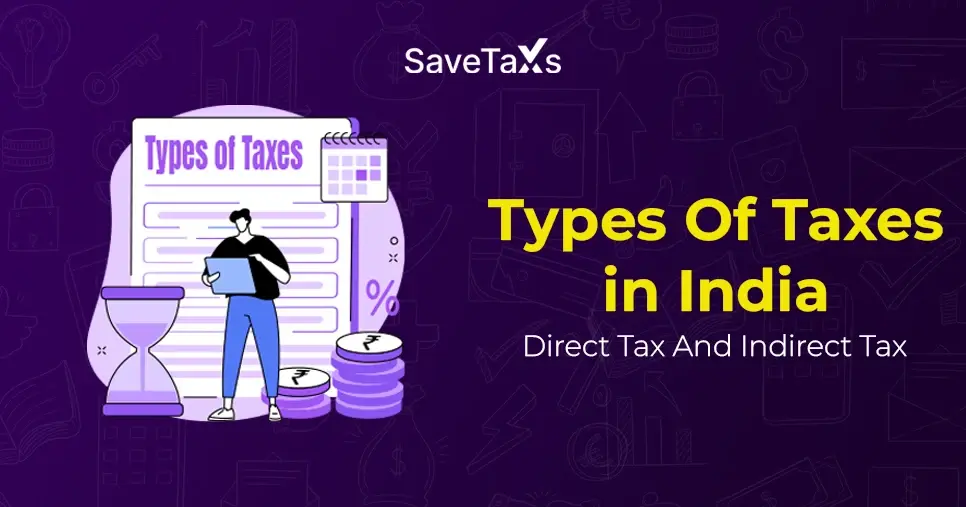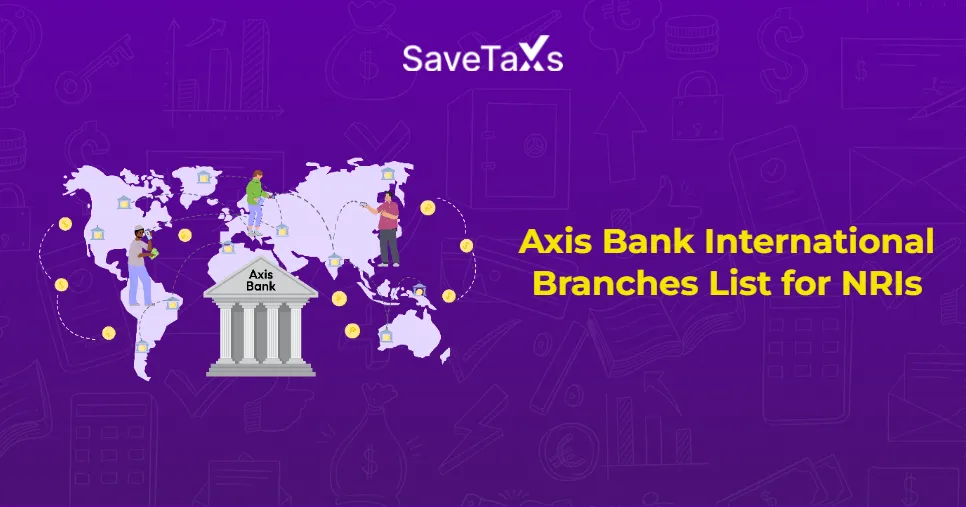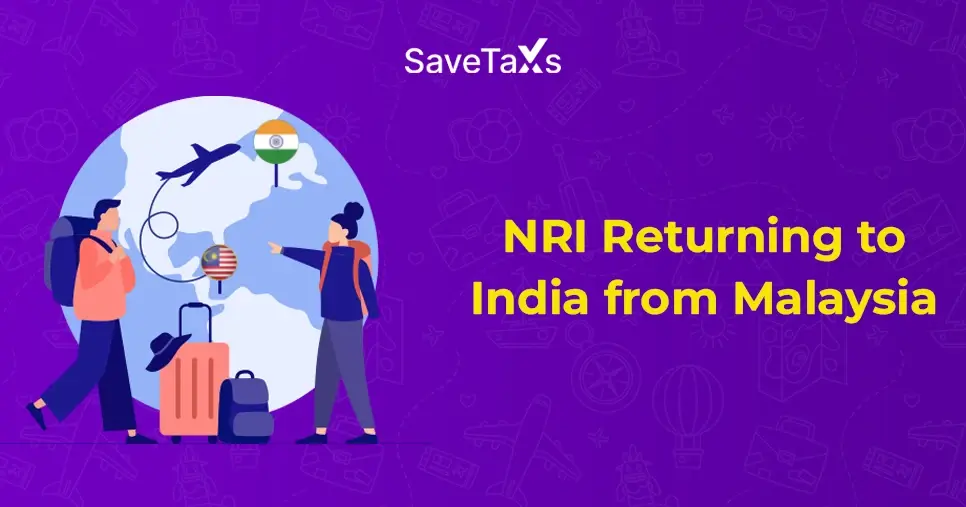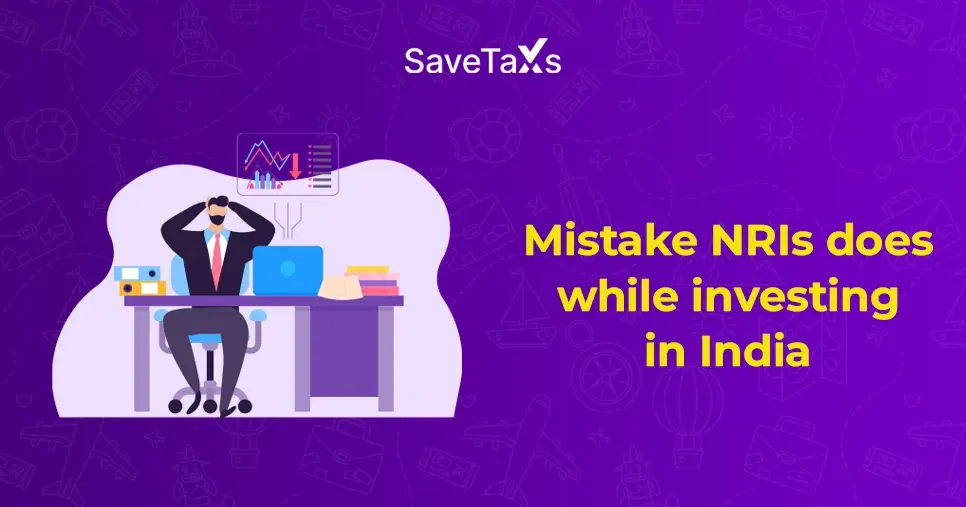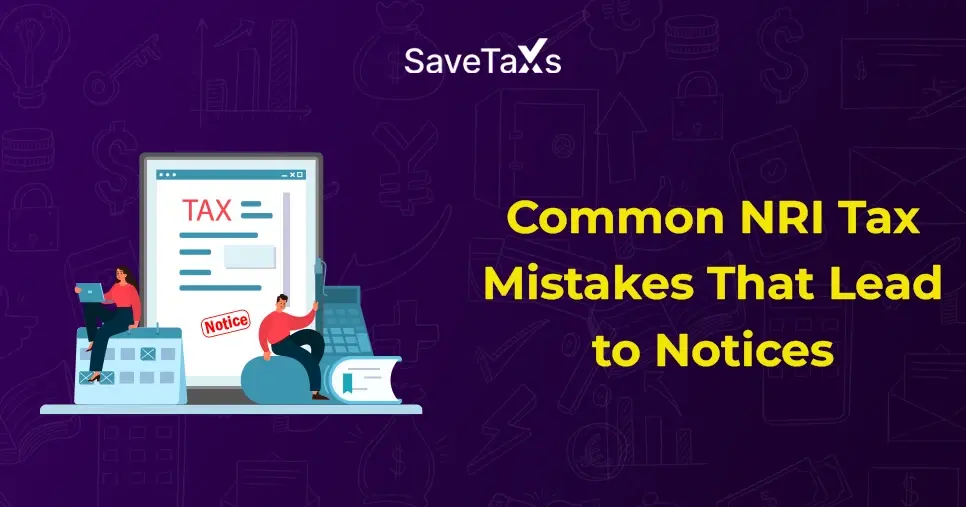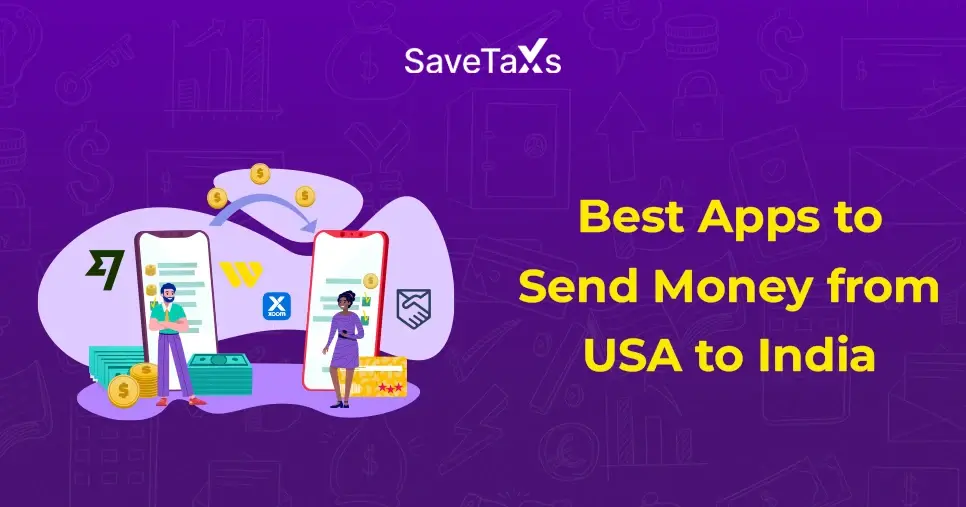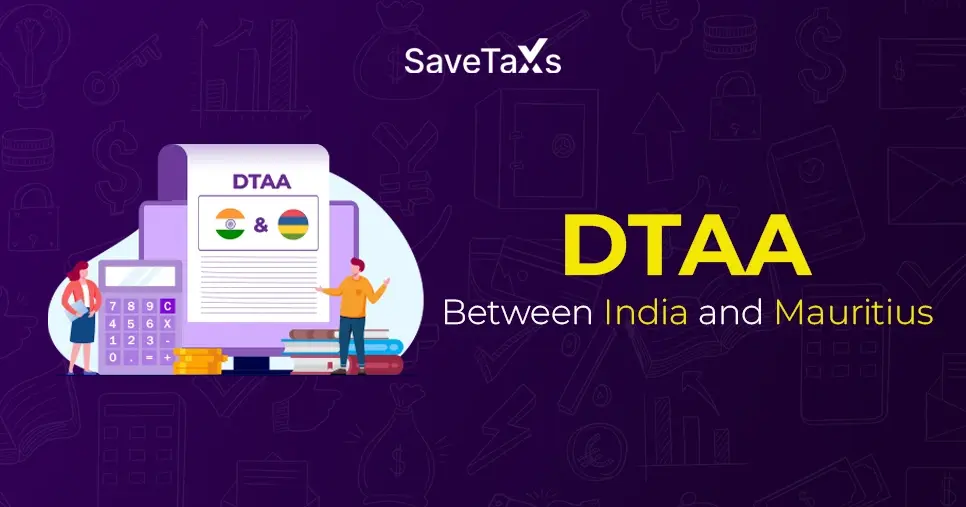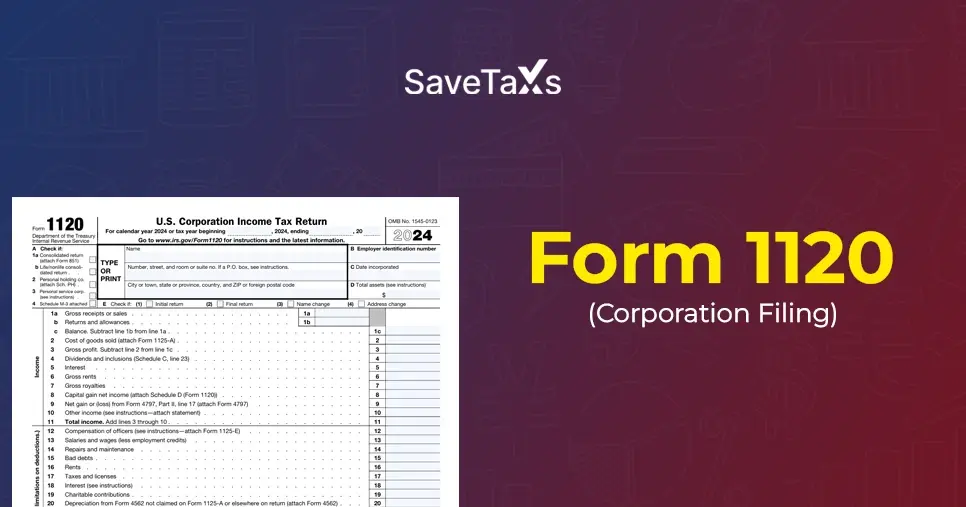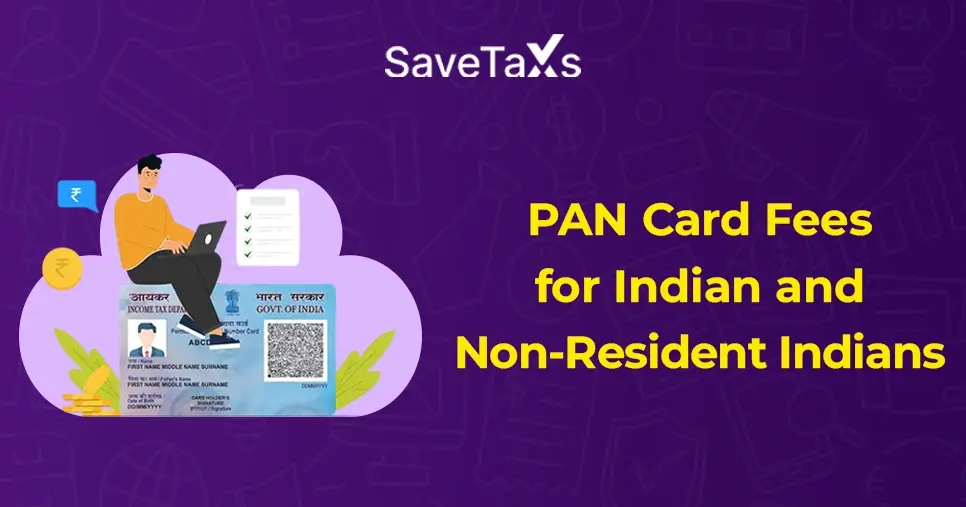In the budget 2019, the government of India introduced Section 80EEB under the Income Tax Act, which offers a tax deduction on the interest paid on the loan for purchasing an EV. The government took this initiative to promote the use of electric vehicles and curb climate change by encouraging individuals to shift towards a more sustainable mobility alternative.
In this blog, we will talk about everything you need to know about how Section 80EEB works, including its eligibility, applicability, and more.
What is Section 80EEB?
Section 80EEB of the Income Tax Act states a deduction of interest paid on the loan taken to buy an electrical device for a person or a business purpose. The deduction under section 80EEB is available till the entire loan has been repaid.
Furthermore, the decoration is available for two and four-wheeled vehicles. Under this section, the maximum deduction limit is capped at Rs 1.5 lakh and can only be claimed if the loan has been sanctioned between January 2019 and March 2023.
What are the features of Section 80EEB?
The key features of Section 80EEB are:
Eligibility criteria: The deduction available under section 80EEB is only for individuals, be they Indian residents or non-resident Indian (NRIs), who are opting for the old tax regime. Moreover, if you are a Hindu Undivided family (HUF), an AOP, a partnership firm, or any other type of company, you cannot claim any tax benefit under section 80EEB. Addtionalyy
- The electronic vehicle must be announced for an NBFC or a recognized financial institution.
- The loan must be sanctioned between January 2019 and March 2023.
- The vehicle must be electric, not manual.
Deduction Amount: As mentioned above, the section 80EEB deduction limit is capped at Rs 1,50,000 under section 80EEB.
Targeted Benefit: Section 80EEB of the Income Tax Act is not any other general tax break; it is targeted towards encouraging people to adopt an electric vehicle.
Covers All: Whether the vehicle is a four-wheeler or a two-wheeler, both are covered under this section.
Reduces the cost: The deduction under section 80EEB is of Rs 1.5 lakh, which ends up lowering your ownership cost of the vehicle.
Direct tax relief: This deduction under this section immediately reduces your taxable income for the current financial year and subsequent years until the loan is fully repaid.
Green India: Section 80EEB deduction aligns with the goal of the Indian government to promote sustainability through clean transportation methods.
Auto Set-off and carry forward losses with 100% Accuracy
Documents required for Section 80EEB deduction?
Just like any other tax benefit, you need to get the right paperwork to claim Section 80EEB. You might need:
- A loan sanction letter: This letter will state that your loan has been approved and sanctioned within the time frame eligible.
- Interest certificate: This certificate is issued by the entity lending you the loan amount. The certificate acts as a record of the interest you have paid during the financial year.
- Repayment schedules: This schedule helps the authorities to check your consistency with the EMIs.
- Vehicle invoice: Lastly, you need to provide the vehicle invoices that prove that the vehicle is electric.
Points to Consider For NRIs
Here are a few pointers that an NRI must note while claiming a deduction under Section 80EEB of the Income Tax Act.
- If a non-resident Indian (NRI) has bought an EV abroad and the loan has also been sanctioned from a foreign bank, the tax saving benefit of Section 80EEB will not apply.
- If the non-resident Indian (NRI) has purchased an electric vehicle in India but does not have any taxable income in India, in such a case, the deduction under section 80EEB is irrelevant.
- The deduction for NRIs is available until the loan is fully repaid.
- NRIs must keep the loan documentation letter, the interest certificate from the lender, and the purchase documents of the EV handy.
The intent behind Section 80EEB of the Income Tax Act
From the outset, section 80EEB might look like any other tax section under the Income Tax Act, but if we look behind the curtains, it's a lot more than just that. This section acts as an incentive for individuals who are shifting to clearer and greener transportation.
By offering a whopping Rs 1.5 lakh tax deduction on the EV loan interest, the government is encouraging individuals to make a change in their transportation choices and also reduce the nation's carbon footprint. Like traditional vehicles, electric vehicles do not emit any harmful pollutants. Moreover, an EV also curbs dependency on fossil fuels, ultimately leading India closer to a green and clean future.
Apart from the environmental benefits, we're now also considering the economic side. The high demand for electric vehicles facilitates investment in infrastructure, technology, and manufacturing within the Indian market.
Stay compliant with Indian tax laws, claim deductions, and avoid penalties.
Electric Vehicle Promotion in India.
Through section 80EEB, the government of India is not just encouraging the consumer to shift towards an EV, but it is going a lot more than that. An initiative called FAME (Faster Adoption and Manufacturing of Electric Vehicles) scheme is making it easier for individuals to switch towards EVs.
The FAME is an innovative scheme that offers monetary incentives on the purchase of electronic devices and also creates the infrastructure to support electronic transportation.
Need help claiming the deduction and filing ITR as an NRI
If you wish to claim the electronic vehicle tax exemption under section 80EEB of the Income Tax Act, connect with our experts right away. Our NRI-specific tax experts provide end-to-end assistance, covering everything from tax planning to filing, and more.
SaveTaxs has been serving NRIs for decades now, and our satisfied client base speaks volumes for it. We serve our customers 24/7 across all time zones, aiming to provide a seamless and stress-free ITR filing journey for our clients.
*Note: This guide is for informational purposes only. The views expressed in this guide are personal and do not constitute the views of Savetaxs. Savetaxs or the author will not be responsible for any direct or indirect loss incurred by the reader for taking any decision based on the information or the contents. It is advisable to consult with either a Chartered Accountant (CA) or a professional Company Secretary (CS) from the Savetaxs team, as they are familiar with the current regulations and help you make accurate decisions and maintain accuracy throughout the whole process.

Mr Shaw brings 8 years of experience in auditing and taxation. He has a deep understanding of disciplinary regulations and delivers comprehensive auditing services to businesses and individuals. From financial auditing to tax planning, risk assessment, and financial reporting. Mr Shaw's expertise is impeccable.
- Section 80GG: Claim Tax Deductions on Rent Paid for Indian and NRIs?
- A Complete Guide On RNOR - Taxability Of Income & Key Rules
- Your Complete Guide for Section 80D of the Income Tax Act
- Hindu Undivided Family – HUF Meaning, Benefits and How to Reduce Tax?
- Section 80CCC: Deduction on Pension Fund Contributions
- How to Claim TDS Refund for an NRI?
- What is Double Taxation Avoidance Agreement (DTAA)? How NRIs can Claim Benefits Under DTAA
- Double Tax Avoidance Agreement (DTAA) Between India and UK
- TDS Deduction on Rental Property Owned by NRI
- Sections 90, 90A & 91 of the Income Tax Act for NRIs
- What is the Double Tax Avoidance Agreement (DTAA) Between India and Singapore?
- A Comprehensive Guide on the DTAA between India and the USA?
- Section 195 of Income Tax Act - TDS Applicability for NRI
- Everything You Need to Know About Form 15CA and 15CB of Income Tax
- What is a Tax Residency Certificate (TRC) and How to Get It?
Want to read more? Explore Blogs
Frequently Asked Questions
No matter what your source of income is, we've got you covered. There’s a plan for everybody!
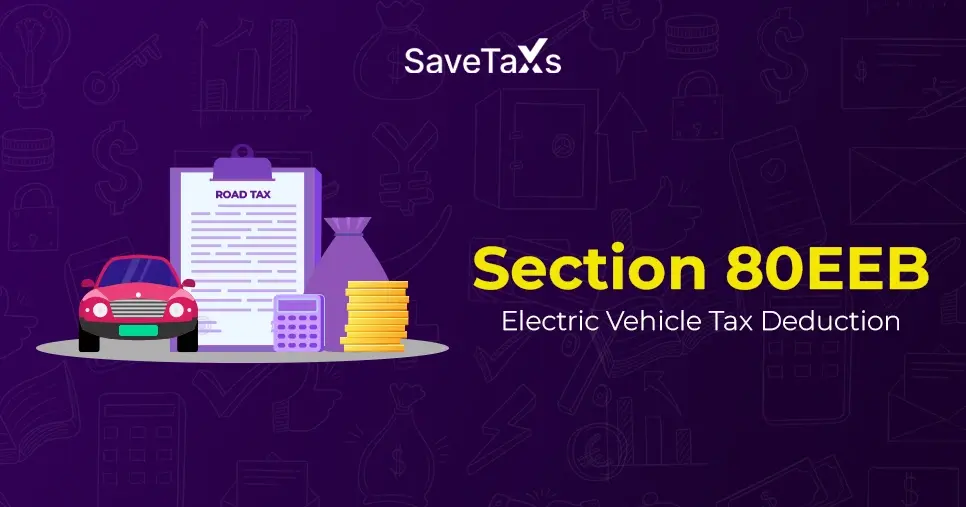
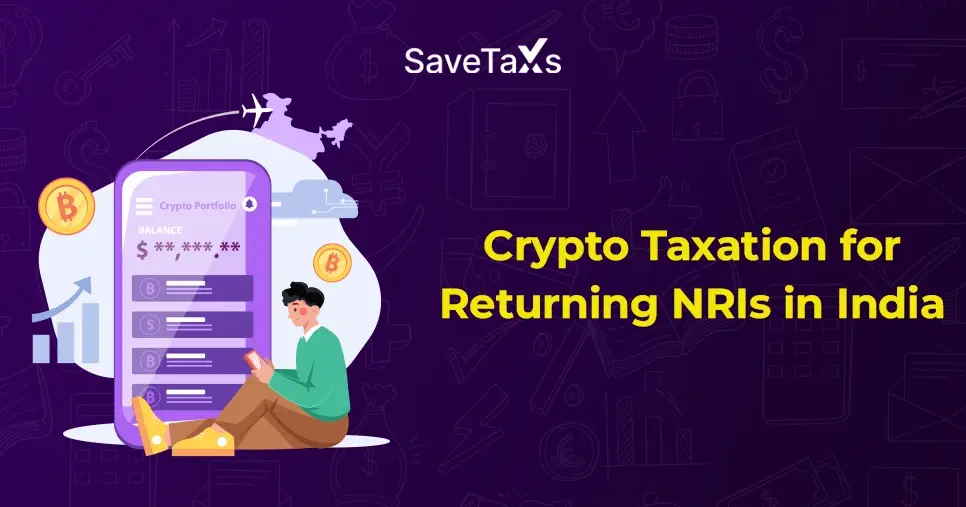
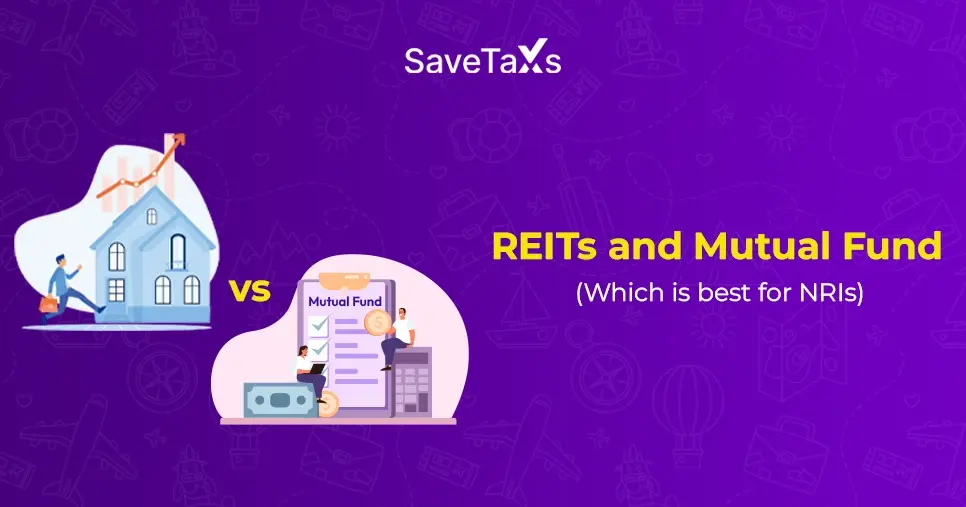
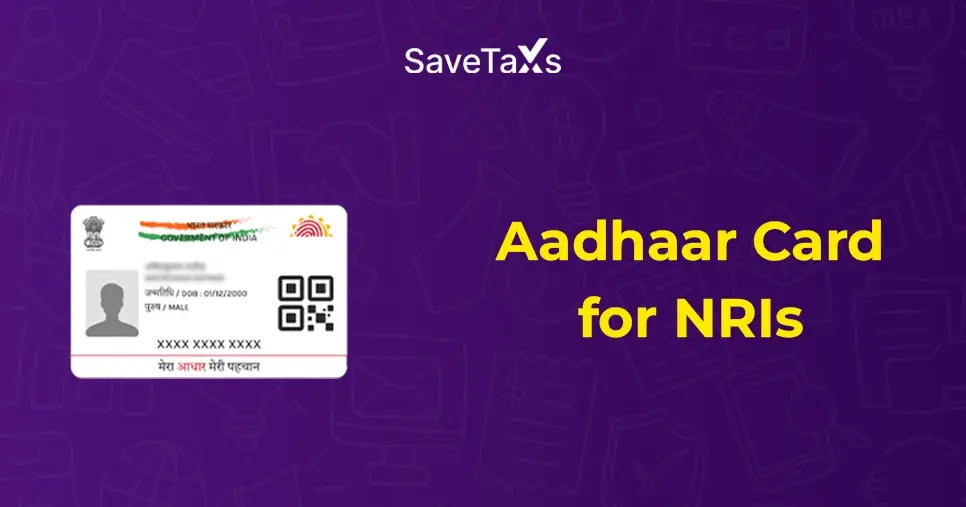
_1759750925.webp)
